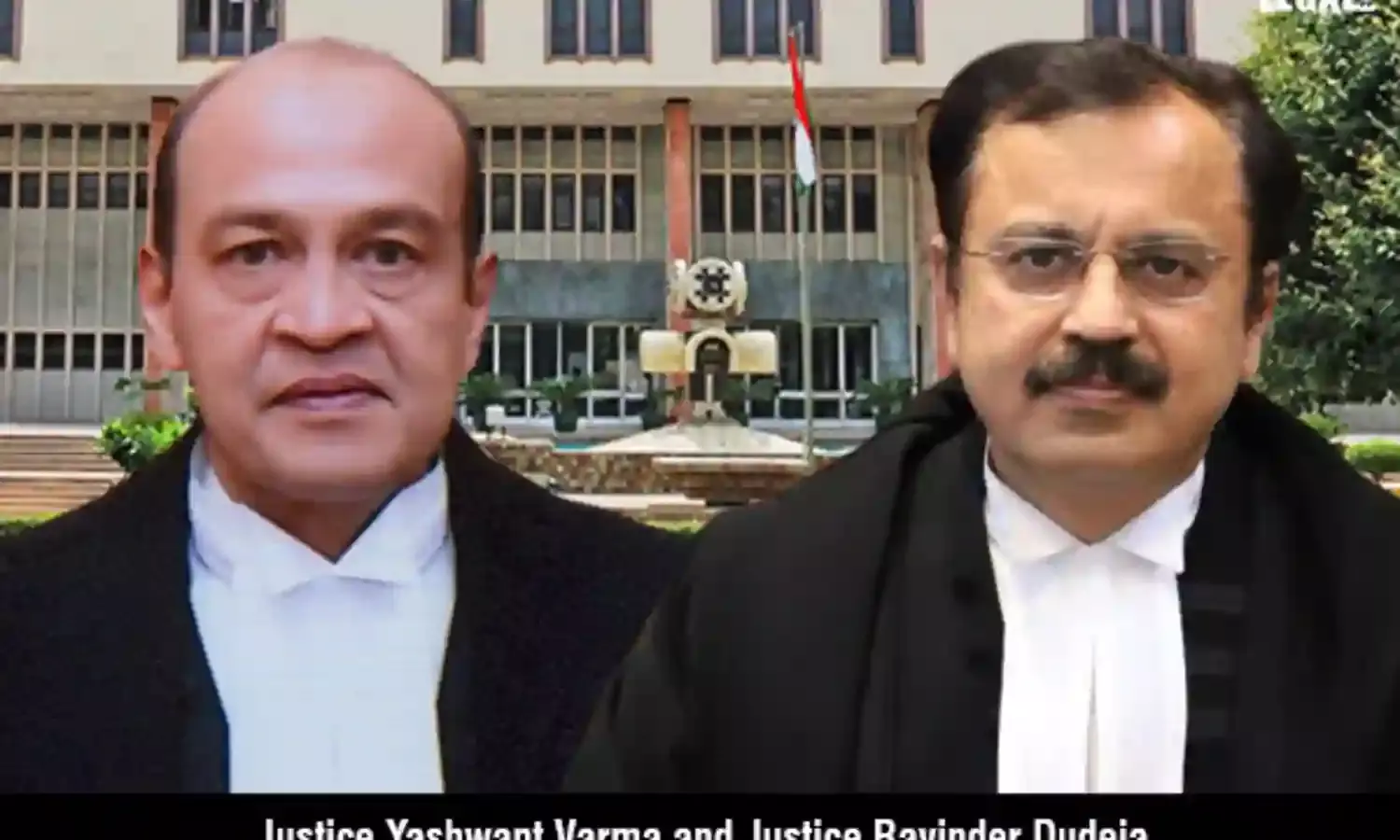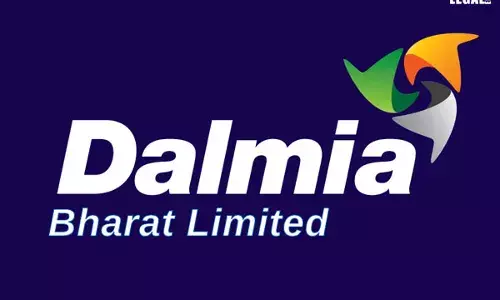Delhi High Court: Auditee Must Be Notified Of Objections Before Finalising Audit Findings Under Section 99A Of Customs Act
Delhi High Court rules that auditees must be notified of objections before finalizing audit findings under Section 99A of the Customs Act.;

Delhi High Court: Auditee Must Be Notified of 'Objections' Before Finalising Audit Findings Under Section 99A of Customs Act
The Delhi High Court has ruled that, following an audit under Section 99A of the Customs Act, 1962, regarding the assessment of imported or exported goods, the proper officer must notify the auditee of any objections raised in relation to the assessment.
A division bench comprising Justices Yashwant Varma and Ravinder Dudeja reviewed the powers granted under Section 99A (Audit) and further outlined in the Audit Regulations, particularly Regulation 5. The Court clarified that under Audit Regulation 5(6), if the auditee agrees with the audit findings, they may voluntarily make additional payments of duty, interest, or any other sums found due and payable.
However, before the final audit report is issued, the proper officer is required, under Audit Regulation 5(3), to inform the auditee of their intention to conduct the audit. The officer is then obligated to request the auditee to provide necessary information, documents, or even samples of the goods imported or exported. Only after this process, and in accordance with Audit Regulation 5(5), can the officer proceed to formalize any objections related to the assessment.
In its 91-page judgment, the High Court stated, "As is evident from a reading of Regulation 5, the proper officer, after notifying the exporter or importer of the intent to initiate an audit, is obliged to inform the auditee of the objections before preparing the audit report. If the auditee disagrees with the findings in the report, a valid demand may be raised."
The Court further noted, "It is clear from Regulation 5 that a final audit report can only be drawn after addressing any objections raised by the auditee."
In the present case, the petitioners challenged the audit objection issued by Customs regarding the classification of their goods and their participation in the Merchandise Exports from India Scheme (MEIS). The petitioners argued that the proper procedure had not been followed by the authorities. Instead, the Assistant Commissioner had instructed the petitioners to pay amounts the department claimed were wrongly claimed under MEIS.
The High Court observed that the procedure set out in the regulations was not adhered to Specifically, the audit objection letter issued by the Assistant Commissioner did not convey any tentative conclusions but instead presented definitive findings, depriving the petitioners of the opportunity to contest the classification or the authority’s view. The Court remarked that the tone and language of the audit objection letter could be interpreted by the petitioners as indicating that the issue had already been "predetermined."
The Court referred to the Supreme Court's judgment in Oryx Fisheries Private Limited v. Union of India (2010), in which it emphasized the importance of notices issued by statutory authorities being reasoned, rather than simply recording definitive conclusions. As a result, the Court allowed the petition and quashed the audit objections issued by Customs, holding that the proper procedure had not been followed.
The Delhi High Court ruled that under Section 99A of the Customs Act, auditees must be notified of objections before finalizing audit findings.



